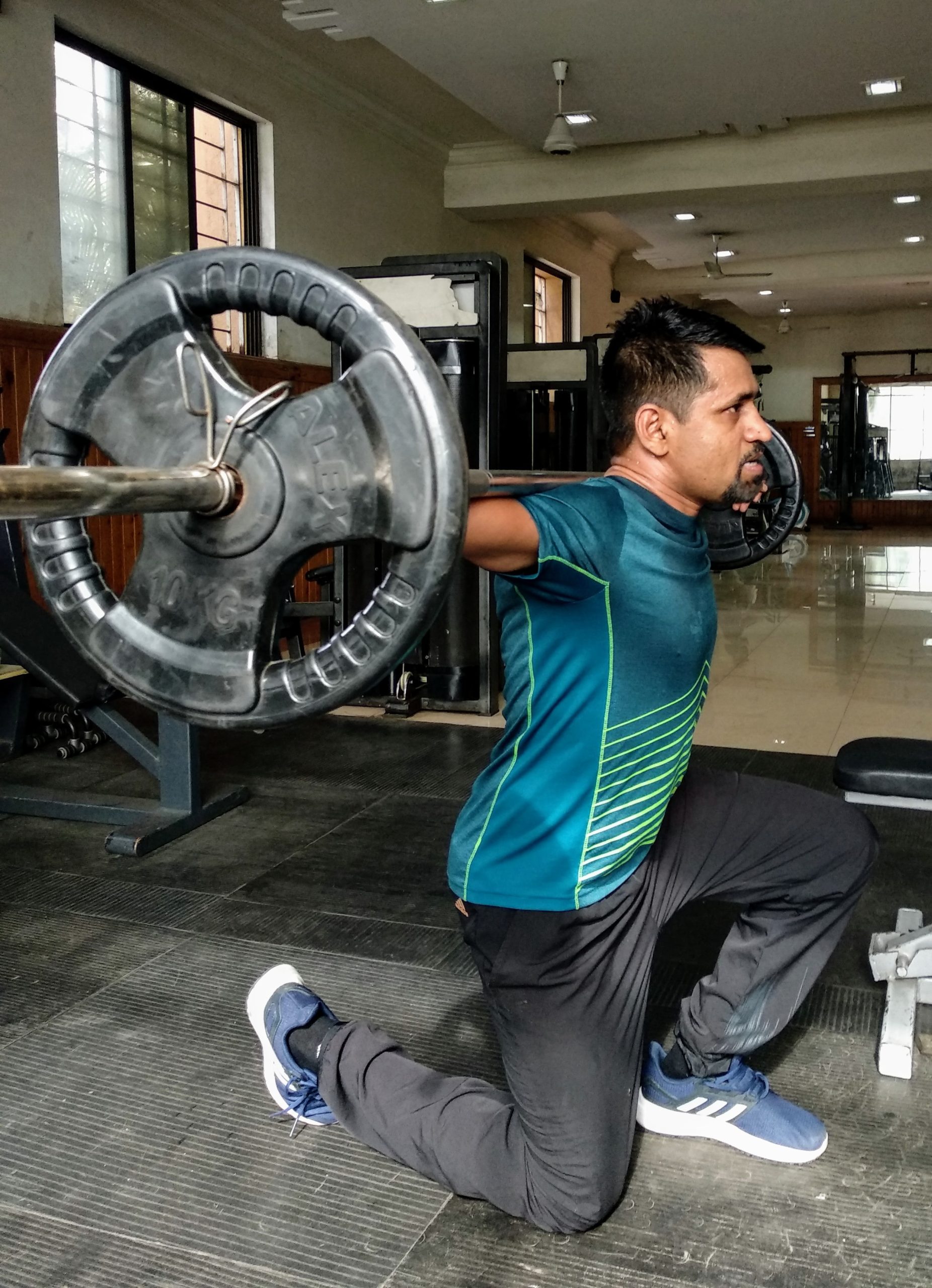Are you an athlete looking for ways to improve your performance on and off the field? Look no further than mindfulness! Practicing mindfulness can enhance your athletic abilities by increasing focus, reducing stress, improving recovery time, and much more. In this blog post, we’ll explore how incorporating mindfulness practices into your routine can help take your athletic performance to the next level. So, grab a mat or find a quiet spot and let’s get mindful!
Background
The benefits of mindfulness for athletes are well-established and growing. Research has shown that mindfulness can improve focus, attention, concentration, motivation, sleep quality, and recovery. Mindfulness interventions have also been found to improve physical performance in a variety of domains such as strength, power, flexibility, balance, sprinting and endurance. A number of studies have shown that practicing mindful breathing exercises before an athletic event can help to reduce anxiety and increase focus.
There are many ways to practice mindfulness in sports. One approach is simply to take a few minutes each day to be aware of your thoughts and feelings without reacting or judging them. You can also try focusing on your body sensations (such as pins and needles when you’re cold or a racing heart when you’re anxious) or on simple tasks (such as counting your breaths). Finally, you can incorporate mindfulness into your athletic training by incorporating brief periods of mindfulness throughout your workout.
What is Mindfulness?
Mindfulness is a technique that has been shown to be effective in reducing stress and promoting mindfulness in both individuals and groups. Mindfulness can help people pay attention to their own thoughts and feelings, and it has been linked with improved stress management, mental well-being, and physical health.
When practicing mindfulness, people typically focus on their breath and vocalize any thoughts or sensations that come into their mind. They may also pay attention to their body by focusing on specific areas such as the feet or hands. Some people practice mindfulness while they are engaged in an activity such as running or playing a sport.
There are many different types of mindfulness exercises so it is important to find one that works for you. One way to start practicing mindfulness is by spending time each day focusing on your breath. You can use this time to relax and clear your head before starting your day. Another way to start practicing mindfulness is by sitting down for a few minutes each day and writing about what happened during the previous 24 hours. This can help you process your thoughts and emotions.
The Benefits of Mindfulness
There are many benefits to mindfulness, including improved athletic performance. In a recent study, researchers found that mindfulness training can improve endurance and agility in athletes. The researchers also found that mindfulness can delay the onset of fatigue and improve cognitive function.
Mindfulness has been shown to increase focus and concentration, which is essential for athletic performance. When you are focused on the present moment, you are able to perform at your best. Research has also shown that mindfulness can lead to better mental health outcomes, such as reducing anxiety and stress levels.
Practicing mindful meditation can help improve your physical health by improving your endurance and agility. It can also help reduce anxiety and stress levels, which can have negative impacts on physical health.
How to Practice Mindfulness
When it comes to improving one’s athletic performance, mindfulness is a key practice. Mindfulness can help you focus on your breath and body movements, which can help you stay calm and balanced in difficult situations. By cultivating mindfulness, you can improve your overall fitness level and performance.
To begin practicing mindfulness, find a quiet spot where you will not be disturbed. You can practice mindfulness in the shower or before bedtime. Start by focusing on your breath. Count each inhale and exhale for two minutes. When your time is up, begin focusing on your body. Sit or stand upright with your hands at your sides. Scan your body from head to toe and focus on any areas that are tense or uncomfortable. When you finish scanning your body, take a few deep breaths and then relax all of your muscles until they are soft and limp.
Though it may seem simple at first, mindfulness can be challenging to practice consistently over time. If you find it difficult to stick with the practice for an entire two-minute session, start by trying shorter intervals such as 30 seconds or one minute until you become more comfortable with the technique. Over time, practicing mindfulness will help increase both your stress and relaxation levels which can lead to improved athletic performance.”
Conclusion
Practicing mindfulness can have a profound impact on your athletic performance. By focusing on your present moment, you can reduce stress levels and increase the efficiency of your movements. This could help you to achieve better results in any physical activity, from running a race to playing tennis or squash. So if you want to improve your overall athleticism, mindfulness may be the key to unlocking its full potential.









